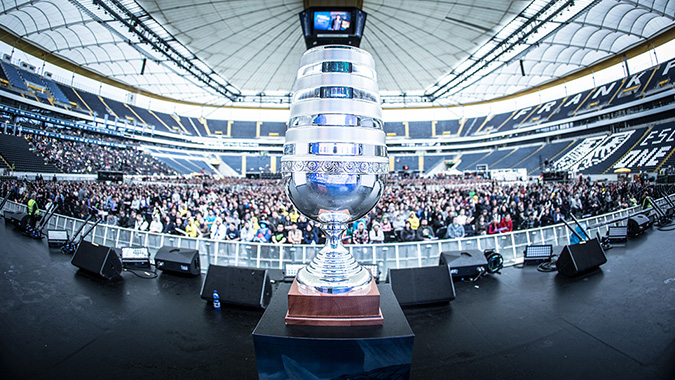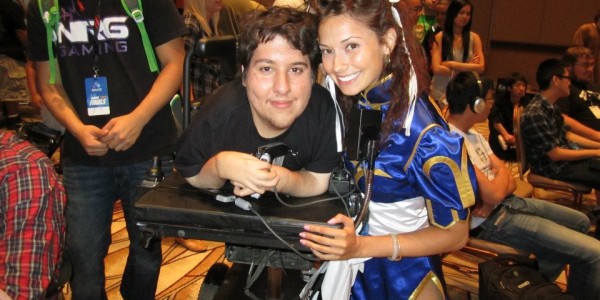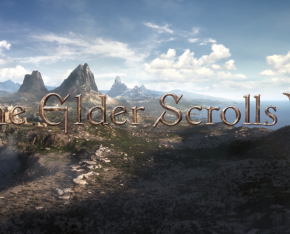By Michelle Curtis on September 5, 2014 at 7:01pm
During the Code/Media Series: NY conference, ESPN president John Skipper trivialized the rise of eSports in his comments regarding Amazon's recent purchase of Twitch.
Amazon's recent investment of $970 million dollars to acquire the burgeoning streaming site was apparently laughable to Skipper, who said, “[eSports] is not a sport—it's a competition. Chess is a competition. Checkers is a competition. Mostly, I'm interested in doing real sports.”

While Skipper is not the first to make such comments, it is interesting that there are those who still refuse to refer to eSports as “real sports.” While there is inherently less overall physical movement in eSports, the lightning-fast mental and physical reflexes required to process and formulate strategies on the fly, as well as the dexterity necessary to input the commands are very physical and require a great amount of practice and effort if one wishes to compete professionally. ESPN broadcasts a number of “real sports” that require a varied amount of physical effort from football to bowling ... and eSports. That's right, ESPN, the network headed by Skipper himself, carried the broadcast of the "Dota 2" international championships earlier this year. Add that to the fact that the United States government also began to issue visas to pro gamers in recognition of the legitimacy of eSports. The visas issued are the same type issued to professional athletes.
Let's not forget that Skipper is also the co-chairman of Disney Media Networks (of which ESPN is a part), the same Disney that owns Marvel. While the game “Ultimate Marvel vs. Capcom 3” was released prior to Disney's acquisition of the comic book juggernaut (no pun intended), the constant exposure of the licensed characters in the game definitely contribute to Disney's bottom line. “UMVC3” is a staple of the fighting game community and is included in the lineup of every major fighting game tournament. It boggles the mind how someone can be so dismissive of something that helps grow their brand.

The most disconcerting issue with his comments is that not everyone can do his “real sports”. The overall physicality of traditional sports has long been a method for exclusion among the general population, though there have been athletes that have been able to overcome physical hindrances to compete. While not everyone can compete in eSports, the lesser degree of physical requirement makes it somewhat more inclusive. As technology improves, the more likely we are to have those with greater disabilities compete and beat those who don't have those types of obstacles. The eSports community has its own share of heroes who have overcome adversity (e.g., Mike Begum a.k.a. “Brolylegs” and Osamu Ichikawa of the fighting game community).
Embrace the change, Skipper. Remember that baseball and football were both once considered mere competitions with no merit outside of a fun afternoon. While they involved some degree of physical labor, they were still dismissed by those who didn't understand their appeal. Your bread and butter were once pastimes and not “real sports”. Also don't forget that while you're dismissing eSports, the people who support them and even compete in them sometimes buy those games based on “real sports.” Some of them actually have your network's logo on them.
Oh, and if you really want to compare pro-gaming to “real sports,” consider if you will Justin Wong's “excessive celebration” (and how he wasn't penalized for it because the eSports community realizes that sports are also about the love of the game).
Skipper: eSports not a sport GZ: Skipper ESPN3 Presents Dota 2 Dota 2 Osamu Ichikawa Broly Interview with Gootecks Code/Media Series Event Coverage Code/Media Series Events Merriam-Webster: Definition of sport Brolylegs EVO 2014: Do a Barrel Roll!
![ESPN’s John Skipper Dismissive of eSports - Network President Claims “[Esports] Is Not a Sport—It's a Competition”](http://playertheory.com/images/codemedianycjohnskipper-1675.jpg)



